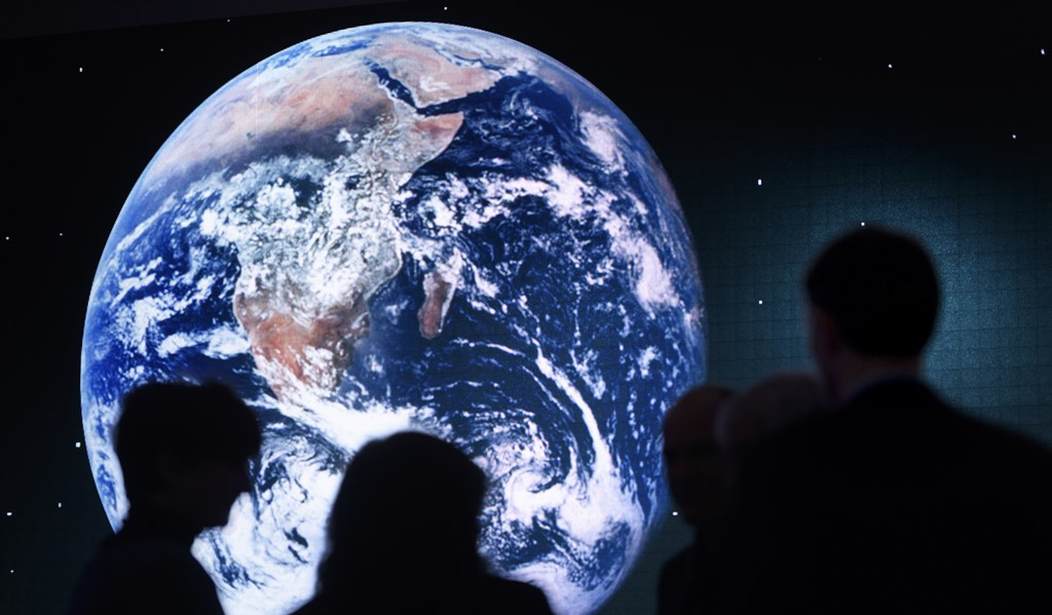The latest clickbait science headline that’s been making the rounds is the one where scientists have determined that the rotation of the earth is speeding up. Or maybe it’s actually slowing down. It depends who you ask, as it turns out. But one thing is for sure. It will potentially “cause problems” and it probably has something to do with climate change. This headline at MSN makes it clear that the rotation of the planet is accelerating.
Earth is Spinning Faster than Usual and Here’s How it’s Already Affected You
If it seems the days are getting shorter; they are and have been since the summer solstice in June. But the earth recently recorded its shortest day for an entirely different and unusual reason—the earth is spinning faster. Scientists have found the development puzzling, although they have some theories about why it’s happening and what impact it may have on our lives.
Okay. So the earth is spinning faster and scientists aren’t sure why. But wait! A quick glance at this headline from SciTechDaily in the same 24-hour period seems to say something different. What’s going on?
Earth’s Days Have Been Mysteriously Increasing in Length – Scientists Don’t Know Why
Precise astronomical observations, combined with atomic clocks, have revealed that the length of a day is suddenly getting longer. Scientists don’t know why.
This has critical impacts not just on our timekeeping, but also on things like GPS and other precision technologies that govern our modern life.
Before you begin worrying about whether we’re all about to fly off the planet or if the earth is going to slam to a halt leaving one hemisphere permanently in darkness, let’s look at how much of a change we’re talking about. June 29th, the “shortest day in the past half-century” was 1.59 milliseconds shorter than the “average” day. That’s a pretty subtle difference. If it keeps going in that direction, it’s believed that the change could cause some problems for our satellites, GPS systems, or other technology. But as long as we’re monitoring it, adjustments can be made to prevent any sort of massive system failure.
There is discussion of adding a “leap second” to the calendar, which has been done in the past, but tech industry experts say that might just make matters worse. In reality, a “day” on planet earth is almost never exactly 86,400 seconds, so we have to keep making adjustments over time if we want to remain accurate in our measurements.
Interestingly, geologists are pretty sure that the earth’s rotational speed has been slowing down steadily ever since the planet formed. It’s been concluded that two billion years ago, a day on earth was only roughly 19 hours long. The suspected reasons are a bit complicated for my layman’s brain, but they seem to fall into two categories. One is a “friction effect” caused by the ocean tides and driven by the gravity of the moon. That tugging creates a “drag” on the planet’s rotation, slowing it over time.
The other factor is even more difficult to track, but it involves the distribution of mass on the surface of the earth. When more mass accumulates near the equator, the rotation tends to slow. When landmasses migrate toward the poles, as they have been since the end of the last ice age, the speed increases. It’s described as being similar to the way a figure skater speeds up or slows down in a spin by holding her hands further from her body or in close.
So how worried should you be about this? Unless you plan on living to be half a million years old, the answer is probably “not very.”








Join the conversation as a VIP Member